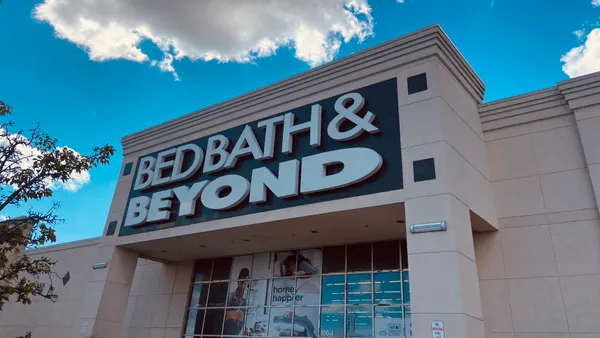Brief:
- L'Oréal debuted the first mini-program for Tencent's WeChat that lets mobile users try on virtual makeup in the mobile messaging app, according to an announcement shared with Mobile Marketer.
- L'Oréal's Giorgio Armani Beauty brand is demonstrating its products using augmented reality (AR). After testing the products, WeChat users can order them from Giorgio Armani Beauty's mini-program shopping site. Users also can compare "before and after" views of their looks, save the screenshots and share them on social media.
- ModiFace, the AR technology company that L'Oréal acquired last year, helped to develop the mini-program for Giorgio Armani Beauty's mini-program.
Insight:
L'Oréal's AR mini-program for WeChat shows how the messaging app is becoming a more versatile platform for product demonstrations and mobile shopping. Working with WeChat — which is enormously popular in China —gives L'Oréal a potential advantage in breaking into a crucial emerging market.
The brand could reach the more than 1.1 billion customers who are familiar with the Tencent app's mobile-based shopping and payments features. Because WeChat acts like a miniature mobile operating system on Android-based phones — making its features more like Apple's iOS system — the app appeals to a broad range of smartphone owners and to marketers that want to reach those audiences.
Luxury brands such as Louis Vuitton, Bulgari, Cartier, Coach, Tiffany, Burberry and diamond seller Chow Tai Fook ranked highly for embracing WeChat, according to researcher Gartner L2.
Technology like artificial intelligence and augmented reality has continued to establish itself as a key marketing tool for cosmetics makers that use it in everything from in-store "smart mirrors" to mobile-only features. Worldwide spending on AR and virtual reality is forecast to grow 68.8% to about $20.4 billion this year, according to the International Data Corp (IDC). Online retail showcasing will drive $558 million of spending this year on the technologies, IDC estimated.
L'Oréal's integration with WeChat is another sign that the company's acquisition of ModiFace last year is reaping some rewards as the cosmetics giant looks to stay on the bleeding edge of a competitive and increasingly tech-oriented category.
"The acquisition of ModiFace in the first half is also a major milestone in transformation of L'Oréal into a digitally augmented beauty company," said Chairman and CEO Jean-Paul Agon on the company's second quarter 2018 earnings call.
L'Oréal last month added ModiFace's AR technology to Amazon to offer a wider range of shoppers the chance to virtually test products before making a direct purchase through the e-commerce platform.













